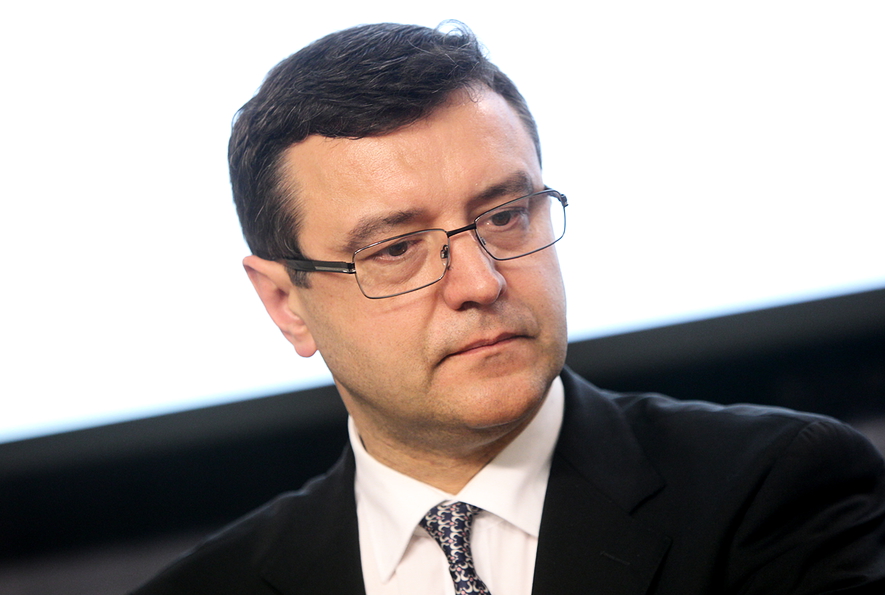"There have been different estimates, but the share of the shadow economy in Latvia is above 20%. We are unique in this area. All post-Soviet countries are facing this issue, but Latvia and its neighbors are among the countries with the lowest share of shadow economy. We ourselves think that the level is high, but compared to the ten countries which joined the EU, we have among the lowest levels for the shadow economy," said Reirs.
At the same time, informative campaigns are needed to explain to the public the importance of paying taxes. "Explanatory work is needed. Each member of society should understand that paying taxes is important and this money comes back to them through health, education and security," said Reirs.
The proportion of Latvia's shadow economy grew by 2.7 percentage points in 2013 to 23.8% of GDP, according to the latest study conducted by the Stockholm School of Economics in Riga (SSE Riga). The highest shadow economy level had been reached in 2010 (38.1%), while the lowest level had been recorded in 2012 (21.1%).
Last June the State Revenue Service announced that the shadow economy's share of the national economy had shrunk below 25% of the Gross Domestic Product (GDP).






























